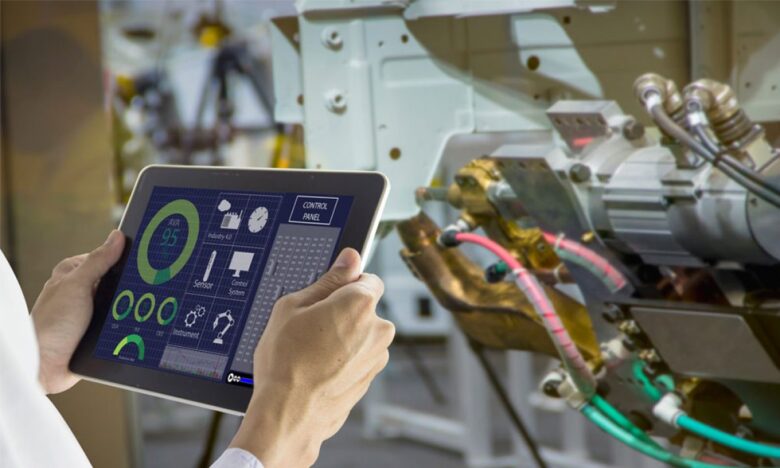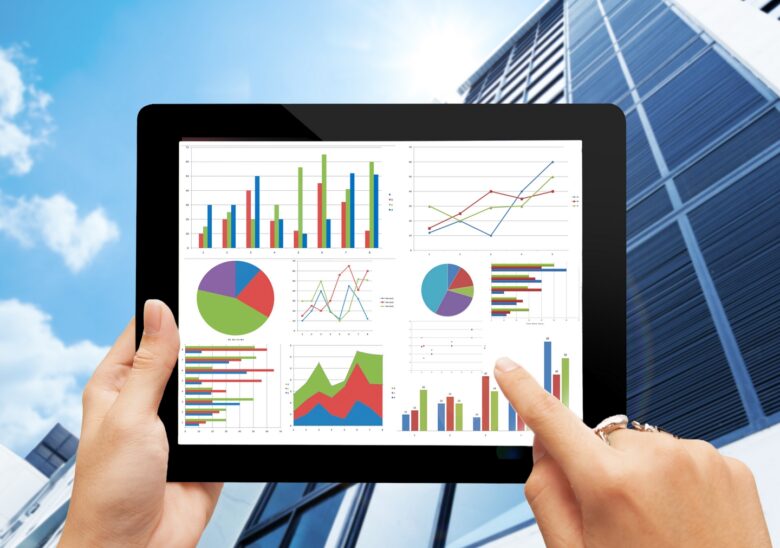Time and money are two of the most precious resources for any company. Fortunately, advancements in technology have brought forth innovative solutions that can help businesses optimize their operations, streamline processes, and ultimately, save both time and money. In this blog, we will explore five smart technologies that are making a significant impact on businesses, allowing them to operate more efficiently and profitably.
Contents
1. Smart Lockers for Deliveries

Source: prnewswire.com
The rise of e-commerce has led to an exponential increase in package deliveries, presenting challenges for both businesses and consumers. Lost or stolen packages, missed deliveries, and the logistical complexity of managing deliveries to multiple locations can all be costly and time-consuming issues to address. Smart lockers offer a practical solution to these problems.
A good locker system offers a secure way to store packages until the recipient is able to pick them up. These units are equipped with technology that enables controlled access. When a package is delivered to a smart locker system, the recipient receives a unique code or notification on their smartphone. This code grants them access to the locker, where they can retrieve their package at their convenience.
For businesses, these automated smart lockers streamline the delivery process by reducing the need for repeated delivery attempts and minimizing the risk of theft or damage to packages. They can also be used to securely store sensitive items within a company’s premises, such as access cards or confidential documents. Consumers benefit from the convenience of picking up their packages when it suits them, eliminating the frustration of missed deliveries or the need to wait at home for a package to arrive.
2. IoT Sensors for Enhanced Asset Management

Source: optimizemro.com
Managing assets efficiently is a constant challenge for companies across various industries. Whether it’s tracking expensive equipment in a manufacturing plant or monitoring the location of delivery vehicles, asset management is critical. This is where Internet of Things (IoT) sensors come into play.
IoT sensors are small, smart devices that can be attached to virtually any object, making it trackable and monitorable in real time. These sensors can provide valuable data on the location, condition, and usage of assets, helping businesses make informed decisions.
For instance, logistics companies can use IoT sensors to track the location of their trucks and shipments, ensuring timely deliveries and minimizing the risk of theft. In manufacturing, sensors can monitor the performance and health of machinery, allowing for predictive maintenance that reduces downtime and prevents costly breakdowns.
The beauty of IoT sensors lies in their versatility. They can be employed in a wide range of applications, from tracking inventory in retail stores to monitoring the temperature of food products during transportation. By leveraging the data generated by these sensors, companies can optimize their operations, reduce waste, and ultimately save money.
3. Artificial Intelligence for Automated Customer Support

Source: fitsmallbusiness.com
Customer support is a critical aspect of any business, but it can also be a time-consuming and expensive endeavor. Traditionally, companies have relied on human agents to address customer inquiries and resolve issues. However, the advent of Artificial Intelligence (AI) has revolutionized the customer support landscape.
AI-powered chatbots and virtual assistants are now capable of handling routine customer inquiries, such as providing product information, tracking orders, or troubleshooting common problems. These AI systems are available 24/7, ensuring that customers can get the assistance they need at any time, without the need for human intervention.
By automating routine customer support tasks, companies can significantly reduce their staffing costs and free up valuable human resources to focus on more complex and personalized customer interactions. Additionally, AI systems can analyze customer data to identify trends and insights, helping businesses improve their products and services, which can, in turn, boost customer satisfaction and loyalty.
4. Energy Management Systems for Cost Savings

Source: betterbuildingssolutioncenter.energy.gov
Energy consumption is a significant expense for many businesses, and finding ways to reduce energy costs can have a substantial impact on the bottom line. This is where Energy Management Systems (EMS) come into play. EMS utilizes a combination of hardware and software to monitor and control a company’s energy usage. By collecting data on energy consumption in real-time, these systems can identify areas where energy is being wasted and suggest ways to optimize energy efficiency.
One common feature of EMS is the ability to schedule and automate lighting, heating, and cooling systems based on occupancy and usage patterns. For example, lights and HVAC systems can be automatically turned off in unoccupied rooms or during non-business hours, leading to significant energy savings over time.
5. Blockchain for Secure Transactions and Record-Keeping

Source: simplilearn.com
In an era where data breaches and cyberattacks are commonplace, companies are constantly seeking secure methods for transactions and record-keeping. Enter blockchain technology. Originally designed for the digital currency, Bitcoin, blockchain has since found utility across various industries due to its secure and transparent nature.
At its core, a blockchain is a decentralized ledger of all transactions across a network. Once recorded, the data in any given block cannot be altered retroactively, without the alteration of all subsequent blocks. This immutable nature of blockchain ensures that records are secure, verifiable, and transparent.
For businesses, blockchain can streamline operations in various ways. Financial companies can use it to execute and confirm transactions quickly without intermediaries, ensuring both speed and security. Supply chain management, on the other hand, can benefit from the traceability that blockchain provides, enabling companies to verify the authenticity of their products at every stage.
Moreover, smart contracts powered by blockchain automatically execute contractual agreements once certain conditions are met, reducing the need for intermediaries and lowering transaction costs. By integrating blockchain into their operations, companies can enhance transparency, improve security, and save both time and money.
Conclusion
In the rapidly evolving landscape of business technologies, companies have a plethora of tools at their disposal to optimize operations, reduce costs, and improve efficiency. From smart lockers to IoT sensors, AI-driven customer support to energy management systems, and the promising applications of blockchain, the future of business is not only digital but smarter.
By embracing these technologies, businesses can position themselves at the forefront of their industries, gaining a competitive edge and ensuring sustainable growth. As technology continues to advance, it remains crucial for companies to stay updated and be adaptable, leveraging the best of what tech offers to ensure profitability, efficiency, and customer satisfaction.
